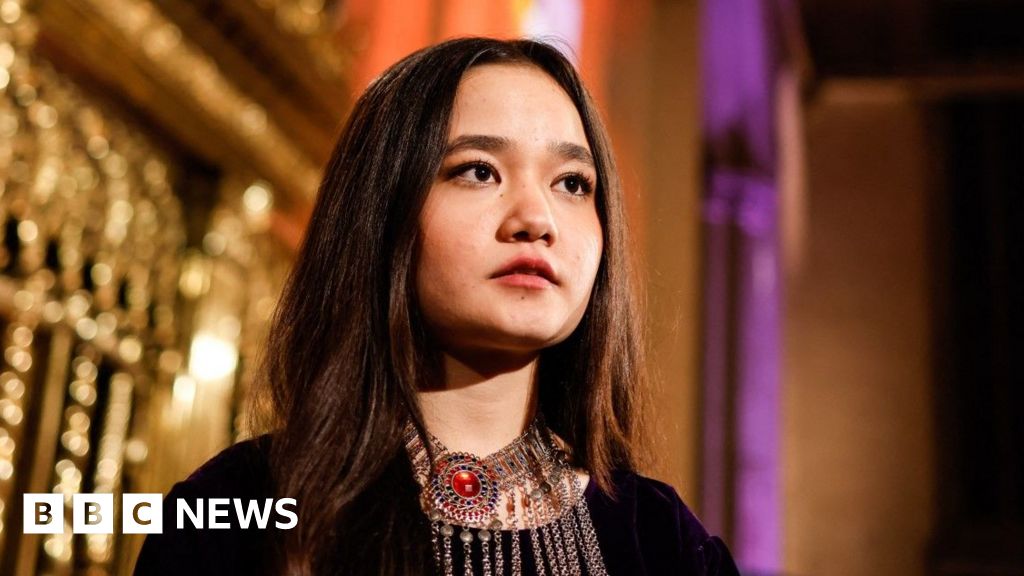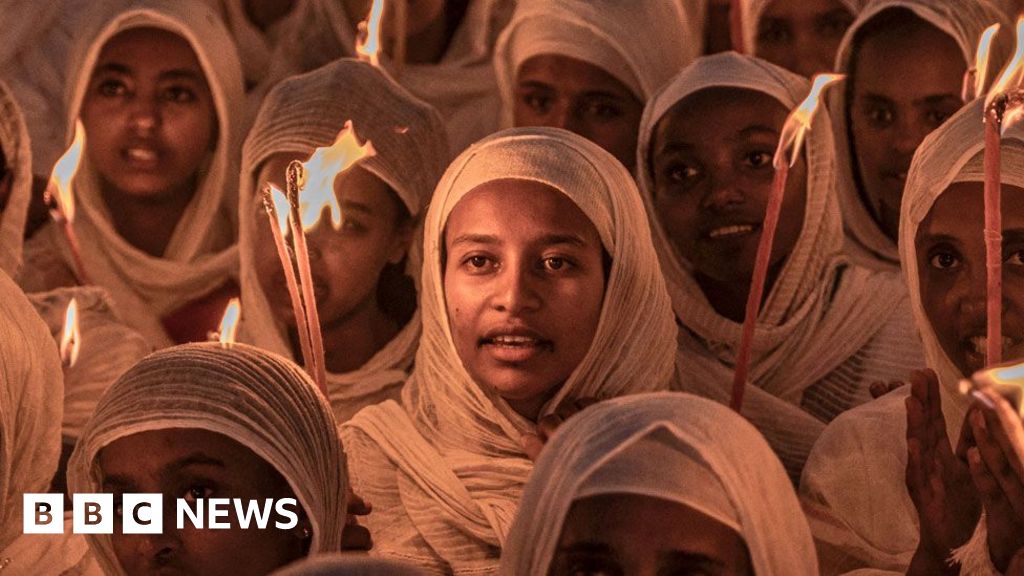Religious leaders from diverse faiths, on Monday, set climate change goals for Nigeria and pledged to support the global shift from fossil fuels to cleaner energy ahead of the COP29 summit.
The faith leaders, representing various religions, sects, and denominations, made the pledge at the National Dialogue on the Role of Faith Organisations in the climate change discourse.
The two-day event, titled, “Multi-faith National Dialogue on Medium and Long-term Climate Goals,” was organised by GreenFaith Nigeria at Barcelona Hotels in Abuja.
World leaders and thinkers will gather in Baku, the capital of Azerbaijan, for the United Nations Climate Change Conference (UNFCCC COP29), to assess progress and negotiate strategies to address climate change.
COP is a series of formal Conferences of the Parties, where governments evaluate global efforts to advance the Paris Agreement and the Convention and limit global warming to 1.5°C, as informed by the latest science.
Speaking on the first day of the interfaith dialogue, Meryne Warah, Global Programme Director of GreenFaith, stressed the importance of religious leaders in addressing climate change and associated environmental issues.
 Religious leaders at the interfaith dialogue on climate change
Religious leaders at the interfaith dialogue on climate changeMs Warah, represented by Pius Oko, Programme Manager for GreenFaith Africa, highlighted the power of collective faith to drive change.
Nigerians need credible journalism. Help us report it.
Support journalism driven by facts, created by Nigerians for Nigerians. Our thorough, researched reporting relies on the support of readers like you.
Help us maintain free and accessible news for all with a small donation.
Every contribution guarantees that we can keep delivering important stories —no paywalls, just quality journalism.
“Remember the power of our collective faith to inspire change, advocate for the vulnerable, and guide our leaders in this critical time. Today, we are not only envisioning a better future but are committed to taking bold steps to bring that vision to life,” Ms Warah was quoted to have said.
In his presentation, the Chief Imam of Al-Habibiyyah, Faud Adeyemi, spoke about the dangers of environmental pollution, describing it as a sin against God and humanity.
Mr Adeyemi, represented by Idris Ibrahim, a director at Al-Habibiyyah, said religious leaders must use their influence to inspire people and advocate for changes that improve lives in Nigeria.
He also called for an equitable society where access to clean air and water is a reality, not a dream.
“Faith leaders have always held a unique position of influence in Nigerian society. We are trusted voices, often serving as pillars of strength and guidance in our communities. This places a profound responsibility upon us to not only raise awareness but to lead the way in advocating for a transition to a clean energy future that leaves no one behind,” he said.
“I challenge you to return to your communities with renewed purpose. Educate, advocate, and lead by example. Together, let us be the voice of change, guiding Nigeria towards an equitable, just, and sustainable future for all.”
Atta Barkindo, a reverend father and Executive Director at The Kukah Centre, decried the level of environmental degradation across Nigeria, particularly in the northern regions, where the situation has become dire.
Mr Barkindo cautioned against limiting environmental discussions to the Niger Delta, noting that in the North, desertification poses a threat that extends beyond environmental concerns. He explained how the environmental crisis in the region is displacing people and animals.
“Travel from Maiduguri to Damaturu, down to Chad, and you will see the aggressive degradation. You will see carcasses of camels and cows that have died due to lack of water. In some places in the northeast, even digging a borehole will not produce water. The impact of this extractive industry is not limited to the physical environment but extends to the social environment. We have witnessed the displacement of communities as people compete for limited resources,” he said.
Mr Barkindo also criticised successive Nigerian governments for failing to invest oil revenues in national development, leaving the country with environmental pollution instead.
“From the 1950s, when oil was discovered in Nigeria, until today, Nigeria has relied on fossil fuels and abandoned other sectors of the economy, from farming to animal husbandry, and we have yet to make investments in infrastructure and hospitals — that’s why former Head of State Yakubu Gowon said the problem is not money but how to spend it. Our land, once fertile, now bears the scars of oil exploration, which has poisoned water and darkened our sky. Communities are torn apart by environmental degradation,” he said.
Impact of climate change on Nigeria
Nigeria stands at the crossroads in the energy transition, as it continues to depend on fossil fuels for economic survival, with oil accounting for a large portion of its foreign exchange earnings. However, the impact of climate change has been severe. Drought and desertification in the North are reducing arable land and worsening food insecurity, while more intense heatwaves are increasing health risks and energy demands.
READ ALSO:WHO urges Nigeria to embrace AI in disease surveillance
Experts believe Nigeria requires stronger climate finance to achieve its adaptation and mitigation targets. The country needs $17.7 billion annually to meet its Nationally Determined Contributions (NDCs) by 2030, and its Energy Transition Plan (ETP) will require $1.9 trillion by 2060.
Nigeria has struggled to attract the level of climate financing needed to effectively address its environmental challenges. On 11 November, Nigeria’s delegation to COP29 is expected to make another plea for funding from advanced countries to bridge this gap.
Support PREMIUM TIMES' journalism of integrity and credibility
At Premium Times, we firmly believe in the importance of high-quality journalism. Recognizing that not everyone can afford costly news subscriptions, we are dedicated to delivering meticulously researched, fact-checked news that remains freely accessible to all.
Whether you turn to Premium Times for daily updates, in-depth investigations into pressing national issues, or entertaining trending stories, we value your readership.
It’s essential to acknowledge that news production incurs expenses, and we take pride in never placing our stories behind a prohibitive paywall.
Would you consider supporting us with a modest contribution on a monthly basis to help maintain our commitment to free, accessible news?
TEXT AD: Call Willie - +2348098788999

















 English (US) ·
English (US) ·